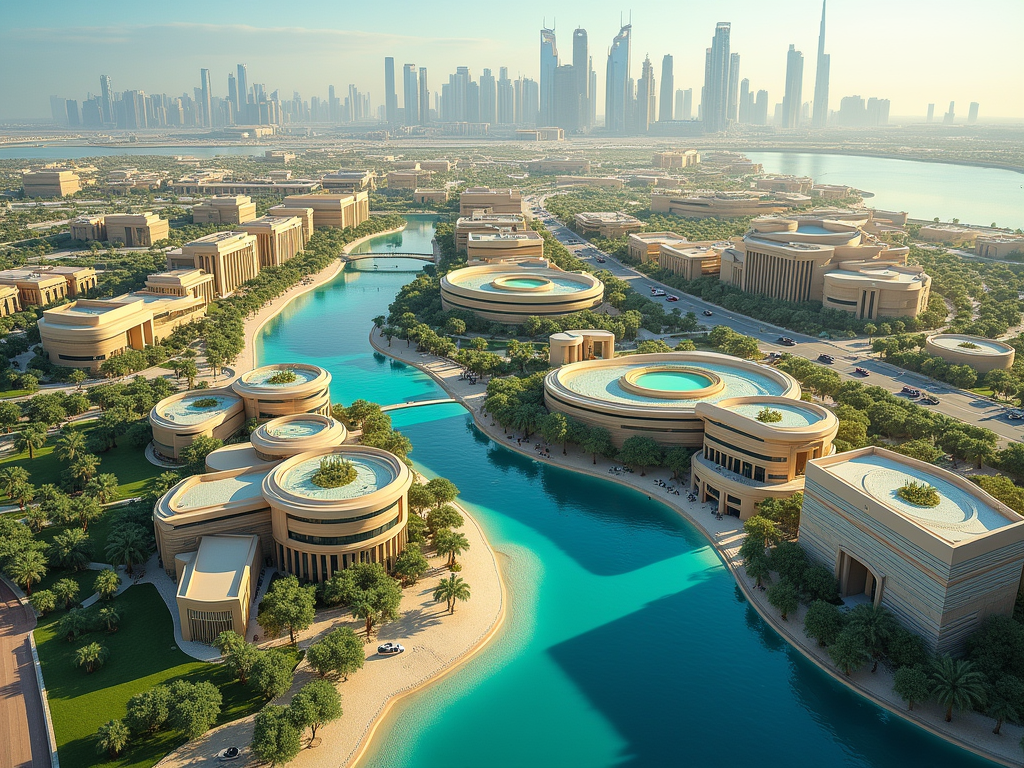Dubai has emerged as a global business hub, thanks in large part to its robust legal framework that facilitates international business expansion. The laws and regulations in place offer an environment conducive to commerce, providing foreign investors with a level of protection and assurance that is often lacking in other markets. This article delves into the key elements of Dubai’s legal system that make it an attractive destination for international businesses, exploring aspects like business ownership, dispute resolution mechanisms, and regulatory bodies.
Business Ownership Structures in Dubai

One of the most significant features of Dubai’s legal framework is the variety of business ownership structures available. This flexibility allows businesses to choose the framework that best suits their needs. Here are the main ownership structures:
- Free Zone Companies: Companies established in designated free zones enjoy 100% foreign ownership, tax exemptions, and operational flexibility.
- Limited Liability Companies (LLC): These require a local partner who holds at least 51% ownership but provide benefits such as reduced taxation and easier access to local markets.
- Branch Offices: International companies can set up branch offices in Dubai, allowing them to operate under their parent company’s name while conforming to local regulations.
- Sole Proprietorships: Foreign nationals can also establish businesses as sole proprietors, permitting complete control over the business.
This variety in business ownership structures means that companies can have greater control and flexibility, making it easier to navigate the legal landscape as they expand into the region.
Dispute Resolution Mechanisms

Another critical element in Dubai’s legal framework is its comprehensive dispute resolution mechanisms. Understanding that conflicts can arise in business, Dubai offers several options for resolving disputes efficiently. The main dispute resolution avenues include:
- Court System: Dubai has a well-defined court system that includes civil, commercial, and criminal courts, providing multiple avenues for litigation.
- Arbitration: Dubai is home to numerous arbitration centers, such as the Dubai International Arbitration Centre, which offers a faster, less expensive way to resolve contractual disputes.
- Mediation: Mediation is often encouraged as a first step before escalating to arbitration or court, supporting parties in reaching mutually agreeable solutions.
These mechanisms not only enhance the credibility of the legal system but also instill confidence in foreign investors, knowing that their disputes can be managed effectively and efficiently.
Regulatory Bodies and Compliance
Dubai’s legal framework is reinforced by various regulatory bodies tasked with ensuring compliance and enforcing business laws. Some key regulatory agencies include:
- Dubai Economic Department (DED): Responsible for business registration and licensing, ensuring all businesses meet legal requirements.
- Dubai Financial Services Authority (DFSA): Governs firms within the Dubai International Financial Centre, providing financial regulations and oversight.
- Ministry of Economy: Oversees economic policies and business laws, playing a vital role in shaping the legal environment for international business.
These regulatory bodies help maintain a transparent and efficient business environment, encouraging compliance and fostering a sense of trust among international investors.
Taxation and Incentives
Dubai’s favorable taxation policies further enhance its appeal for international businesses. The absence of corporate tax for most businesses and a lack of personal income tax allows businesses to maximize profitability. Key aspects of this taxation framework include:
- Zero Corporate Tax: Most businesses enjoy a tax-free environment, particularly those located in free zones.
- Value Added Tax (VAT): While VAT is applied at a standard rate of 5%, it is relatively low compared to many other jurisdictions.
- Incentives for Specific Industries: The government offers incentives such as grants and support to attract businesses in targeted sectors like technology and logistics.
These factors collectively contribute to a highly attractive business climate, allowing for significant growth opportunities for international companies.
Conclusion
In conclusion, Dubai’s legal framework plays a pivotal role in supporting international business expansion. With its flexible business ownership structures, effective dispute resolution mechanisms, dedicated regulatory bodies, and favorable tax policies, Dubai creates a highly conducive environment for global enterprises. As international businesses seek to navigate the complexities of global markets, Dubai remains a prime destination due to its commitment to fostering an efficient and reliable legal landscape.
Frequently Asked Questions
1. What business ownership structures are available in Dubai?
Dubai offers several structures including free zone companies, limited liability companies (LLC), branch offices, and sole proprietorships, each with unique benefits.
2. How does Dubai handle business disputes?
Dubai provides a structured court system as well as arbitration and mediation options, allowing businesses to resolve disputes efficiently.
3. Are there any taxes on businesses in Dubai?
Most businesses in Dubai are exempt from corporate tax, and there’s only a nominal VAT of 5%, making it a tax-friendly environment.
4. What regulatory bodies oversee businesses in Dubai?
Key regulatory bodies include the Dubai Economic Department (DED), Dubai Financial Services Authority (DFSA), and the Ministry of Economy.
5. Why is Dubai considered a global business hub?
Dubai is a global business hub due to its strategic location, robust legal framework, diverse ownership structures, efficient dispute resolution, and favorable tax environment.



